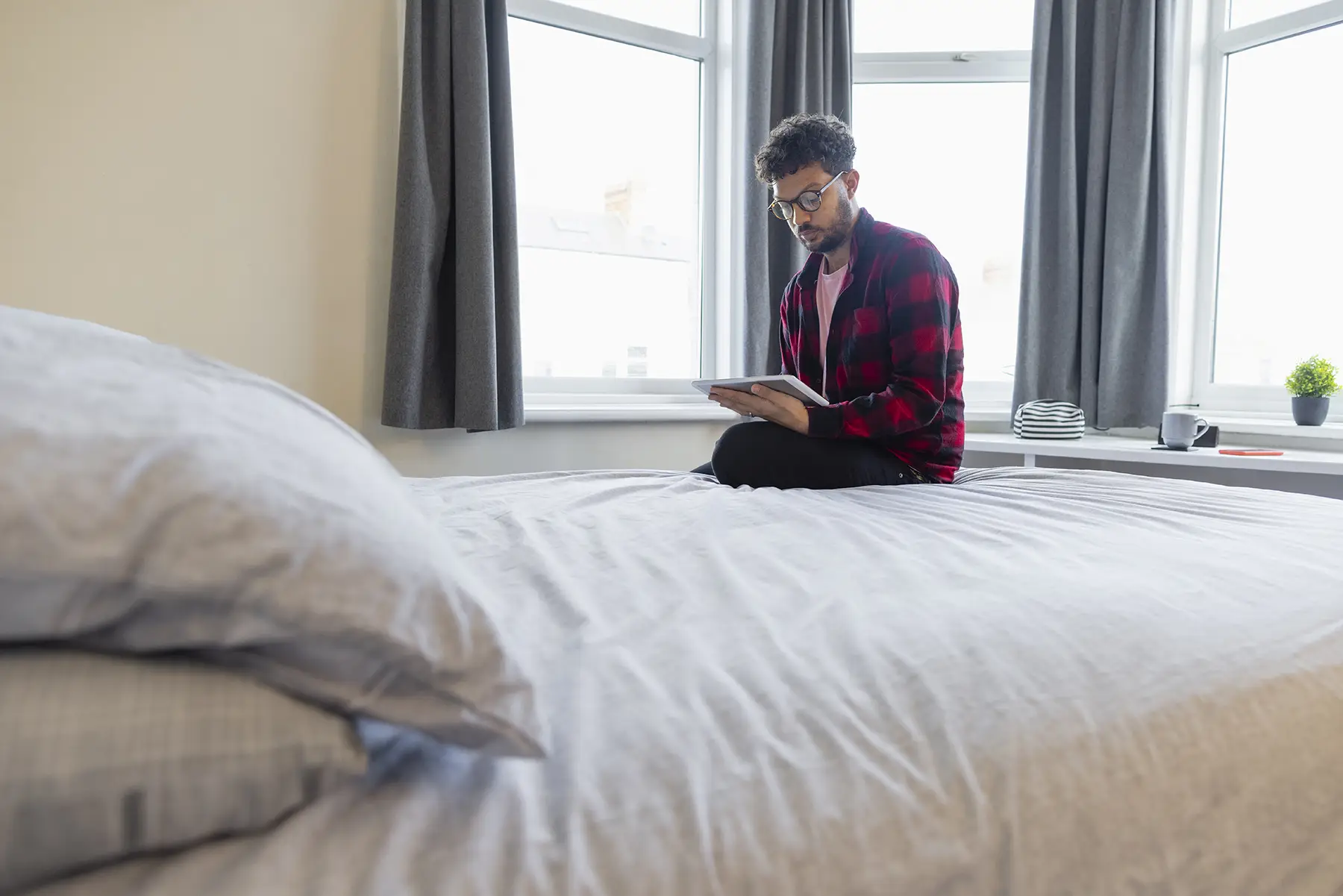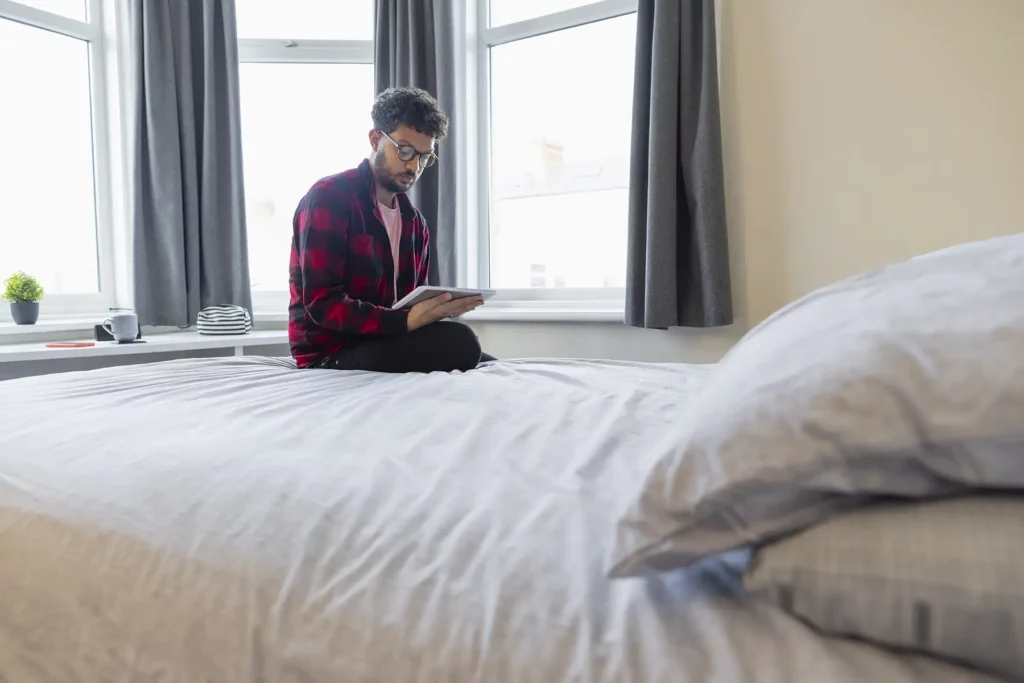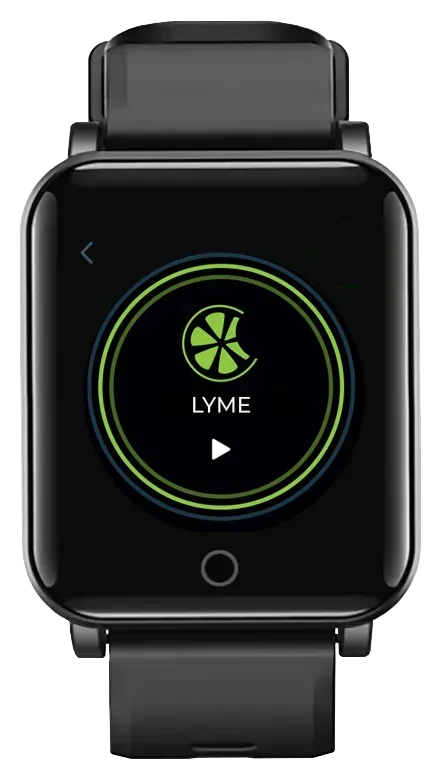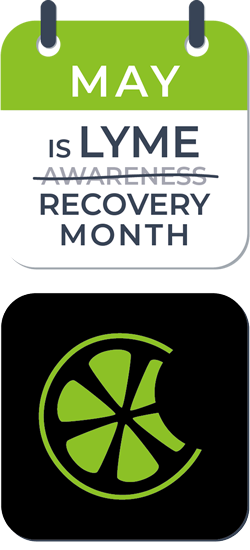You’re packing your bags again, ready for another holiday adventure. But there’s one thing you’re not looking forward to – sleep disruption. Don’t let jet lag or unfamiliar beds steal your rest. It’s time to conquer holiday travel sleep woes and wake up refreshed!
Key Takeaways
- Sleep disruptions during holiday travels are common and can be caused by jet lag, anxiety, and unfamiliar sleeping environments.
- Good sleep is crucial for an enjoyable and less fatiguing travel experience.
- Travelers can benefit from using sleep aids such as travel pillows and sleep apps for better rest during their journeys.
- Strategic planning, including adjusting sleeping and eating schedules and staying hydrated, can help reduce the effects of jet lag.
Understanding Travel-Related Sleep Disruption
During your holiday travels, you might notice that your sleep schedule gets disrupted, causing a ripple effect on your overall well-being. This isn’t a coincidence; it’s a common result of Sleep Disruptions:
Causes can range from jet lag to anxiety over your upcoming trip, to unfamiliar sleeping environments. These disruptions can lead to sleep disorders if left unchecked. But don’t worry, you’re not alone, and there’s help available.
Sleep Disorders:
Diagnosis is typically made through a simple evaluation of your symptoms and sleep habits. Freedom is about understanding and controlling what affects you. So, take charge, identify the causes of your sleep disruptions, and seek help if needed.
After all, a good night’s sleep can ensure your holiday travels are more enjoyable and less fatiguing.
Importance of Sleep While Traveling
As you recognize the importance of sleep while traveling, you’re likely eager to find solutions that help prevent those pesky disruptions from ruining your holiday adventure. Good sleep isn’t just a luxury, but a necessity, especially when you’re on the move.
Here are a few key tips:
- Experiment with different sleeping positions. Comfort is key to a restful night, so don’t be afraid to switch it up.
- Try to maintain your regular sleep schedule. Jet lag can be a real issue, but sticking to your normal routine helps.
- Use relaxation techniques to combat travel insomnia. Breathing exercises or meditation can work wonders.
- Keep your sleep environment comfortable and quiet. Earplugs and eye masks can be your best friends!
Top Sleep Aids for Travelers
In addition to the tips mentioned above, you’ll find several sleep aids that can significantly improve your ability to rest while traveling.
Travel Pillows, for instance, are a lifesaver. They’re portable, comfortable, and provide the neck support you need to drift off in less-than-ideal sleeping conditions.
Let’s not forget about sleep wearables, too. NIKKI’s sleep programs can help you maintain restful sleep no matter where you are.
Strategic Planning for Jet Lag
Your body’s internal clock can take a real hit when you’re dealing with jet lag, but strategic planning can help ease the transition. Understanding Jet Lag Myths and your Sleep-Wake Cycle is key to your freedom from grogginess and fatigue.
To combat jet lag, consider these tips:
- Adjust your schedule before you travel. Gradually shifting your sleeping and eating schedule to match your destination can help.
- Stay hydrated. Dehydration can exacerbate the symptoms of jet lag.
- Expose yourself to natural light. This can help reset your body’s internal clock.
- Avoid alcohol and caffeine. These substances can disrupt your sleep-wake cycle and prolong the effects of jet lag.
- NIKKI’s Energy mode can help perk you up if that’s what you need to match a new time zone.
Nutrition Tips for Better Sleep
For a better night’s sleep during your travels, it’s essential to pay attention to what you’re putting into your body. Certain sleep-inducing foods and a proper hydration balance can greatly improve your sleep quality.
Consider the following table to guide your nutritional choices:
| Benefit | Hydration | Level |
|---|---|---|
| Almonds | Rich in Melatonin | Low |
| Tart Cherries | Increases sleepiness | High |
| Chamomile Tea | Promotes relaxation | High |
Almonds, rich in sleep-promoting hormone melatonin, are a great snack. Tart cherries increase sleepiness, and their high water content helps with hydration. Chamomile tea, a classic sleep aid, also contributes to your hydration balance.
Relaxation Techniques for Restful Travel
After carefully considering your nutritional intake during holiday travels, it’s now time to focus on relaxation techniques that can further enhance your sleep quality. Mindful breathing and yoga practices are amongst the best methods to unwind and prepare for a restful night. Here are some techniques you can try:
- Mindful Breathing: This technique involves focusing on your breath to calm the mind and relax the body.
- Yoga Practices: Incorporate simple poses before bed to relax your body. Child’s pose and legs up the wall are good options.
- Guided Imagery: Visualize peaceful scenarios to help reduce stress.
- Progressive Muscle Relaxation: Tense and then relax each muscle group to promote physical relaxation.
Embrace these techniques and experience a more restful travel sleep.
Conclusion
Conquering sleep disruptions during holiday travels is essential for a rejuvenating journey. By understanding the causes of sleep disturbances, such as jet lag and anxiety, and employing practical solutions like using travel pillows, sleep apps, and strategic planning, travelers can significantly enhance their rest. Additionally, paying attention to nutrition and embracing relaxation techniques further improves sleep quality. These combined efforts ensure that your holiday adventures are not only memorable but also restful, allowing you to wake up refreshed and ready to enjoy your travels to the fullest.

Frequently Asked Questions
How can I sleep better when travelling for the holidays?
If you generally have trouble sleeping during the holiday season travel, here are some healthy habits to combat poor sleep and help you fall asleep more easily. Consuming heavy meals or drinking too much alcohol can easily disrupt sleep, aim to limit your intake for at least two hours prior to sleep. Earplugs and a sleep mask are vital when trying to sleep on a flight, a long drive, or even in an unfamiliar room.
Why is holiday travel so exhausting?
Holiday travel fatigue is a bit different than normal fatigue, as in addition to the travel itself, which may involve crossing time zones, the addition of holiday and family obligations often contributes to sleep deprivation. Ensuring you prioritize personal care for your own well-being is important, otherwise, you may find yourself returning from your travel more worn out than before you left!
I get so stressed at the holidays I can’t sleep, what can I do?
Difficulties sleeping during holiday travel is common, and this article outlines several things you can do to help improve your rest at this time. If it’s really an issue, you can speak with your doctor to see if it’s related to a sleep disorder, and if sleep medicine, over-the-counter medications, or supplements might be appropriate.


